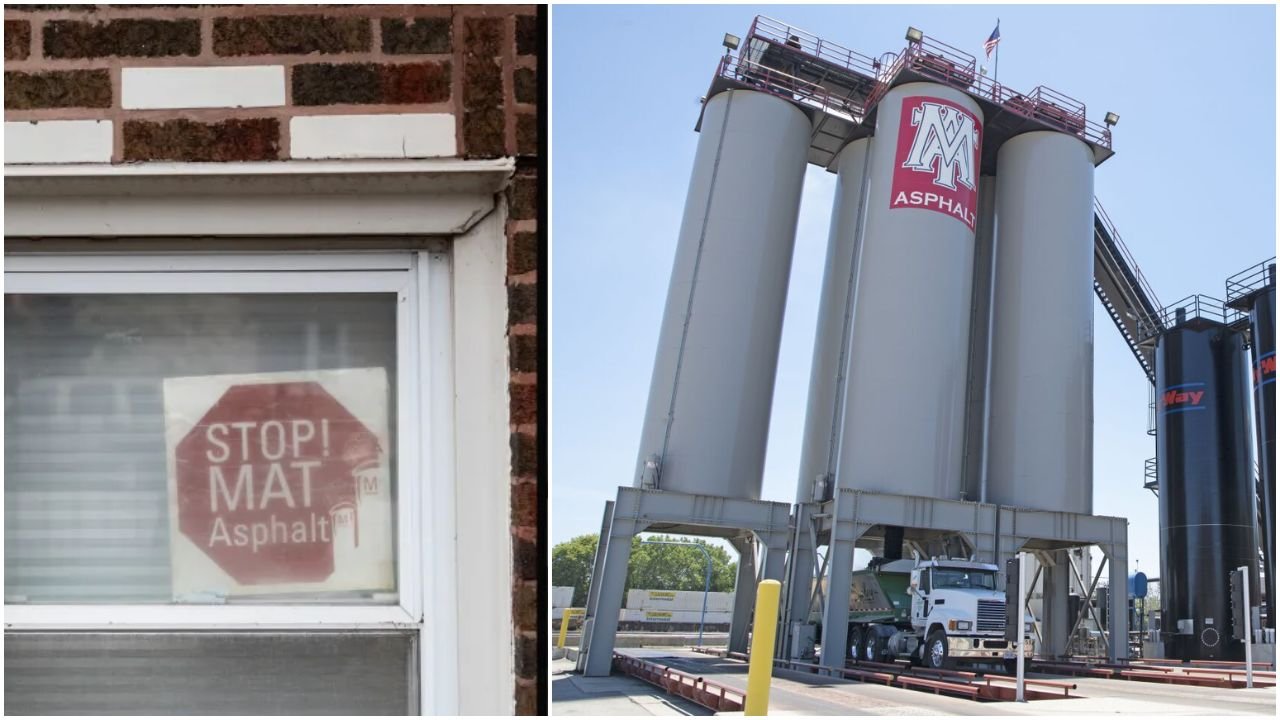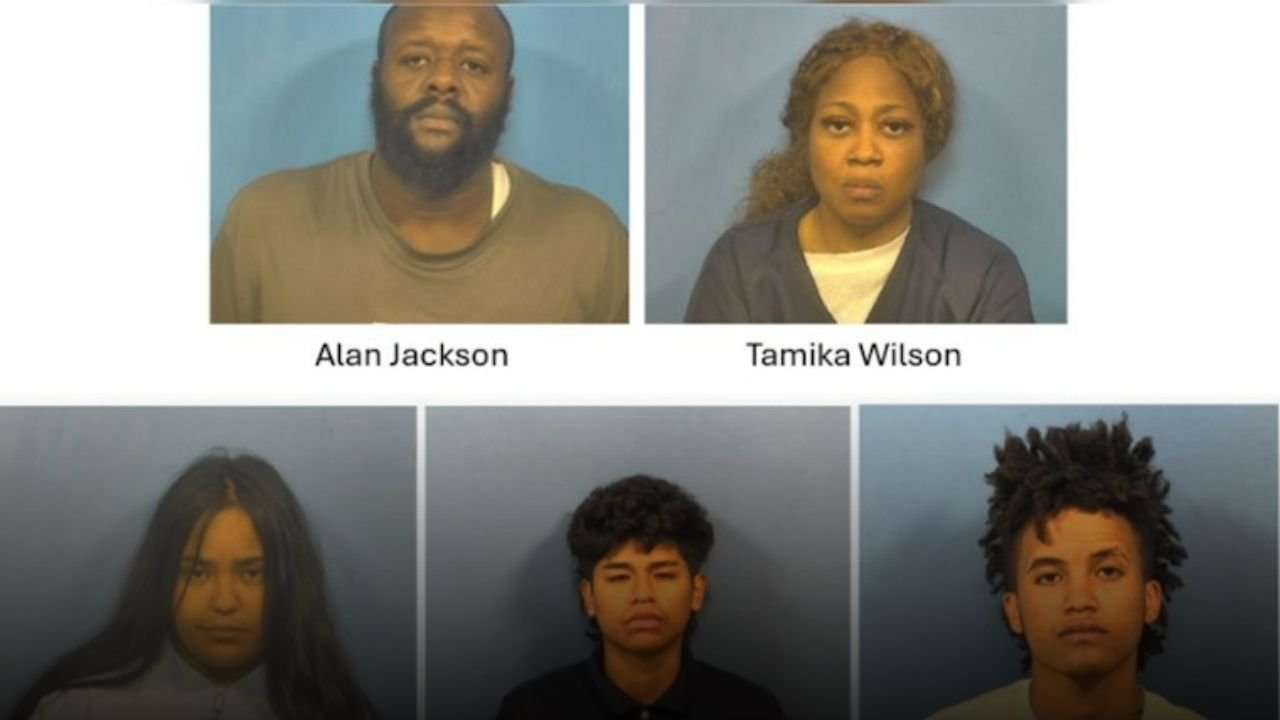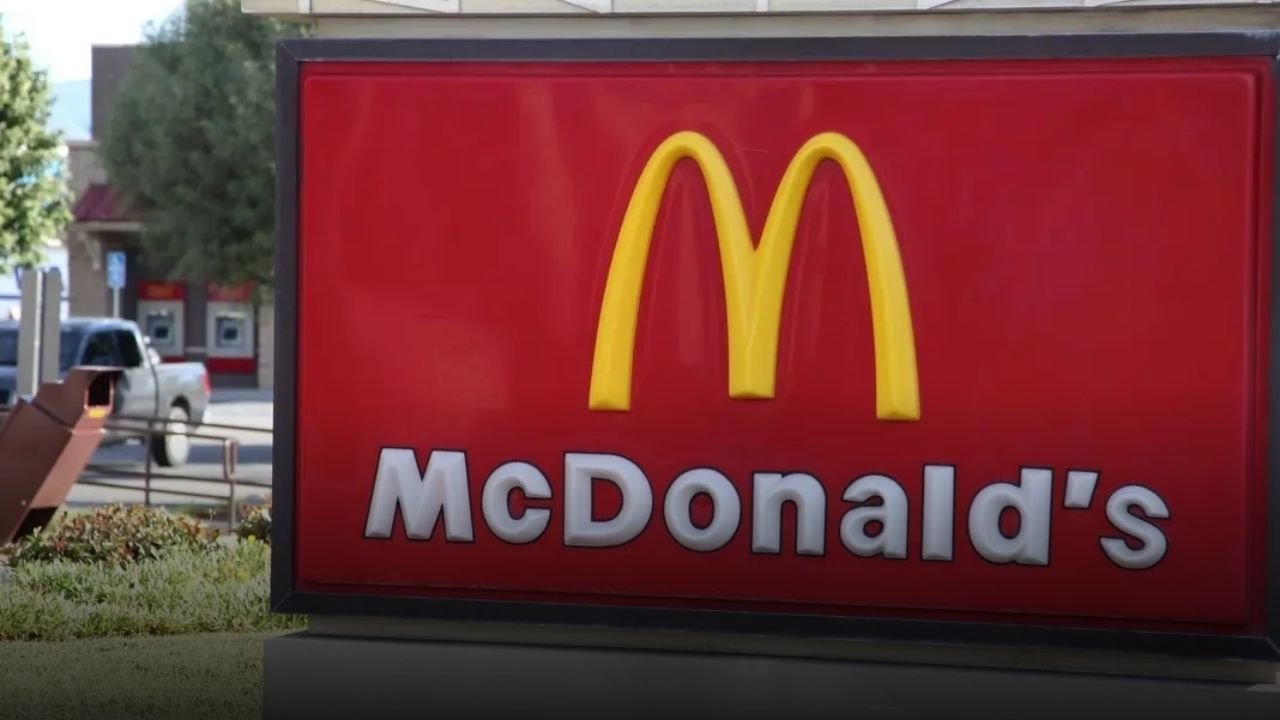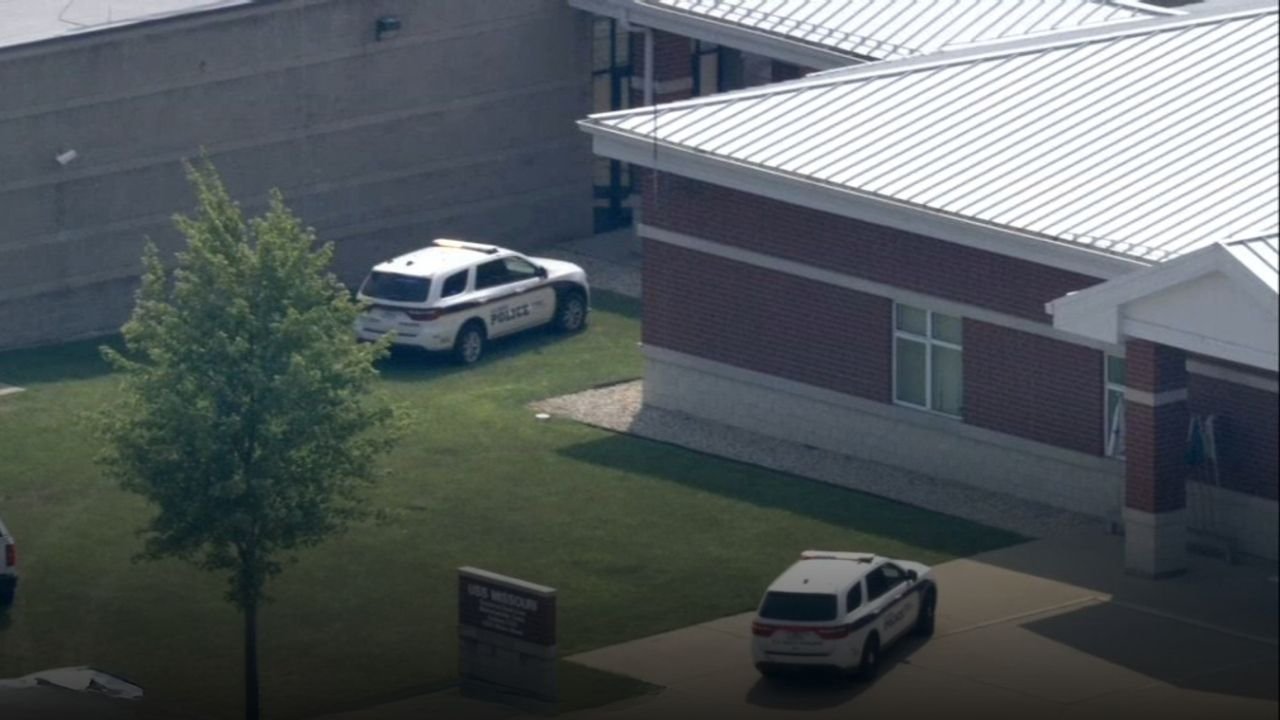CHICAGO — Despite installing mitigation equipment and agreeing to city-mandated upgrades, MAT Asphalt continues to generate strong asphalt odors in McKinley Park, according to inspection records and community reports.
The facility, located across from McKinley Park and near homes and schools, has been the subject of over 270 air pollution complaints since 2018 — including multiple citations and a class-action lawsuit.
Ongoing Complaints Despite $1.2M Settlement
In 2020, residents filed a lawsuit against MAT Asphalt over noxious fumes. The company settled for $1.2 million and agreed to install $900,000 worth of blue smoke controls. A separate 2023 settlement with the Chicago Department of Public Health (CDPH) also required further upgrades.
But since April 2024, CDPH has received dozens of additional complaints. Inspectors have cited the plant for environmental violations as recently as August 2024. One inspector noted a “strong noxious asphalt odor” that caused immediate physical symptoms, including headaches and nose irritation.
“I smell strong asphalt odors in my bedroom and my entire home and neighborhood,” a resident said in one complaint.
Read More: Chicago Police Union Fights City Over Public Access To Disciplinary Hearings
City Inspectors Cite Permitting, Nuisance Violations
CDPH has cited MAT Asphalt for:
-
Emitting pollutants above state and federal thresholds,
-
Lacking a required certificate of operation,
-
Missing a valid air pollution control permit, and
-
Failing to prevent noxious odors that pose health risks.
However, city records show that no fines were issued for the most serious air pollution violations. Only $4,500 was fined for permitting issues and $600 for nuisance violations, raising questions about enforcement consistency.
“To prevail at a hearing, we must prove a violation occurred at the exact date and time listed,” said CDPH spokesperson Grace Adams, citing difficulty in enforcing odor-based complaints.
Community Pushback and Scrutiny Continue
Residents and advocates remain frustrated, arguing that the facility’s proximity to parks and schools is unacceptable. Neighbors for Environmental Justice (N4EJ), a local advocacy group, has consistently called for the plant’s closure.
“We deserve clean air,” said N4EJ board president Anthony Moser. “The pollution we breathe now didn’t exist before this plant opened.”
Environmental expert Michael Cailas of UIC noted that while emissions may fall within legal limits, the city lacks a cumulative health risk assessment for the Southwest Side, where multiple industrial facilities concentrate pollution.
“It’s not one plant. It’s the combined impact of many,” Cailas said.
City Contracts and Neighborhood Tensions
Despite ongoing violations, the city awarded $141 million in contracts to MAT Asphalt in 2023 — the same day it finalized an environmental compliance agreement with the company.
12th Ward Ald. Julia Ramirez has criticized the plant’s location, calling it “a horrible location” near homes and schools. She emphasized that revitalization projects, including affordable housing, have been stalled due to MAT Asphalt’s presence.
“If we could make it happen, I’d absolutely not want that plant in our community,” she said.
Facility’s Defense and Future Outlook
Plant manager Joseph Haughey defended operations, claiming the blue smoke control system is functioning and that the facility emits “minimal odors”. He pointed to a self-funded emissions study but admitted, “I don’t know what more we can do here.”
Environmental groups disagree, stating that the community’s health and quality of life continue to be compromised.
Alfredo Romo, director of N4EJ, reaffirmed their stance:
“Our objective has always been shutting them down… or at least containing them as much as possible.”
Do you live near an industrial facility like MAT Asphalt? Have you experienced odor or air quality issues? Share your experience with us in the comments at ChicagoSuburbanFamily.com — your voice helps raise awareness.














